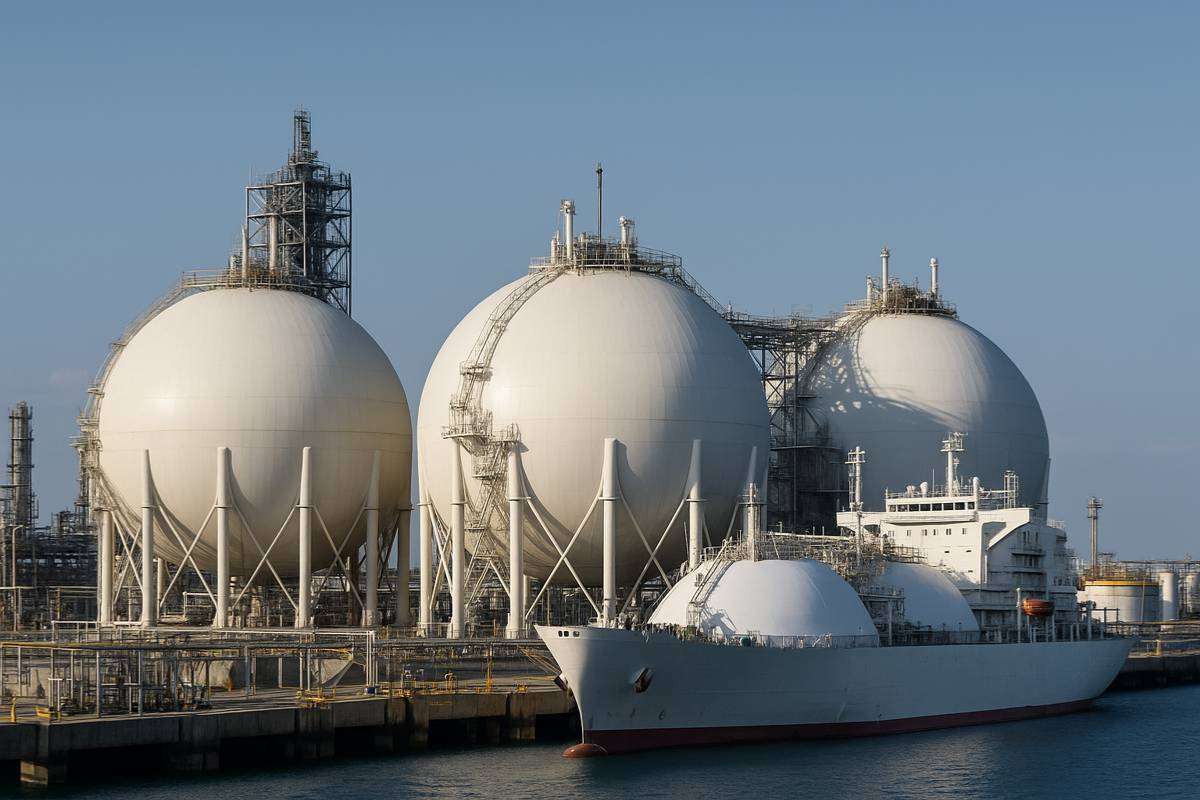Global Oil Prices See Decline Post-Ceasefire Agreement
Oil prices experienced a notable dip on Tuesday, reversing earlier gains in a volatile trading session. The downturn followed news of Israel agreeing to a ceasefire deal with Lebanon, which reduced the geopolitical risk premium associated with oil. As tensions eased, market sentiment shifted, causing fluctuations in crude prices.
Brent crude futures, a global benchmark for oil, fell by 54 cents, or 0.74%, to trade at $72.47 per barrel by 1:41 p.m. EST. Similarly, U.S. West Texas Intermediate (WTI) crude futures dropped 49 cents, or 0.71%, to reach $68.45 per barrel. The decline reflected traders’ reassessment of risk factors influencing oil supply and pricing.
Market Reactions to Geopolitical Developments
The ceasefire agreement, endorsed by Israel’s security cabinet, marked a significant development in Middle Eastern geopolitics. Historically, tensions in the region have had a direct impact on global oil markets due to concerns over potential disruptions in supply. With the risk of escalating conflict now minimized, market dynamics shifted, leading to a reduction in oil prices.
Energy analysts noted that while the ceasefire eased immediate fears, oil markets remained sensitive to potential geopolitical uncertainties. “The Middle East continues to be a focal point for energy markets, and any developments in the region can quickly alter price trajectories,” said one industry expert.
Broader Implications for Oil Markets
The price drop highlights the interplay between geopolitical events and energy markets. Oil prices often fluctuate based on perceived risks, such as conflicts in oil-producing regions. The Israel-Lebanon ceasefire reduced immediate concerns over supply disruptions, but broader factors—like global demand trends and economic conditions—continue to influence market behavior.
As trading stabilized, attention turned to other variables, including OPEC’s production policies and the global economic outlook. Analysts predict that while the current decline is linked to easing geopolitical tensions, the oil market’s future direction will depend on a complex mix of supply, demand, and geopolitical factors.












